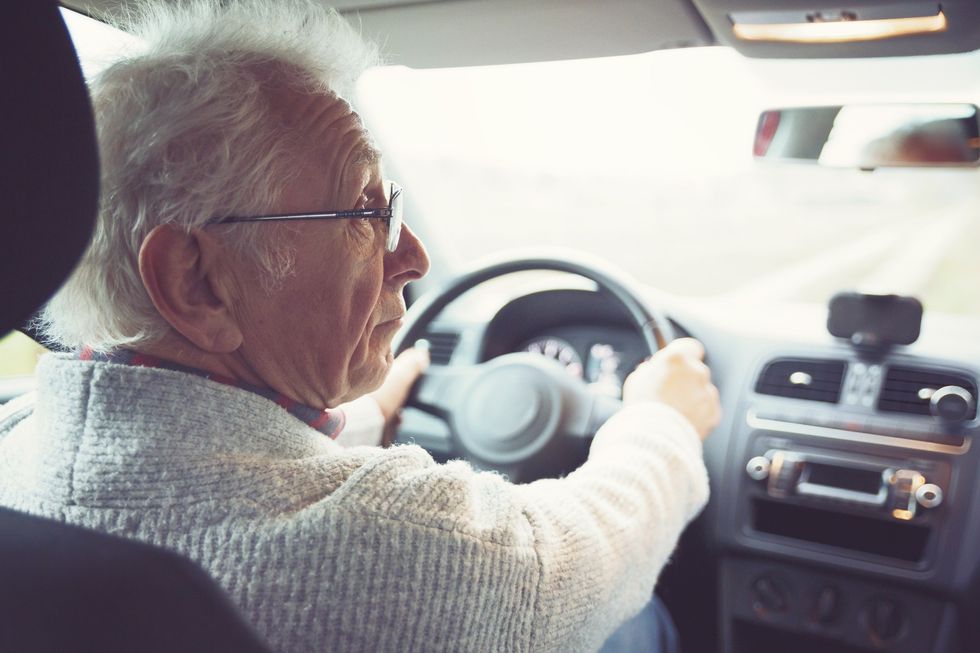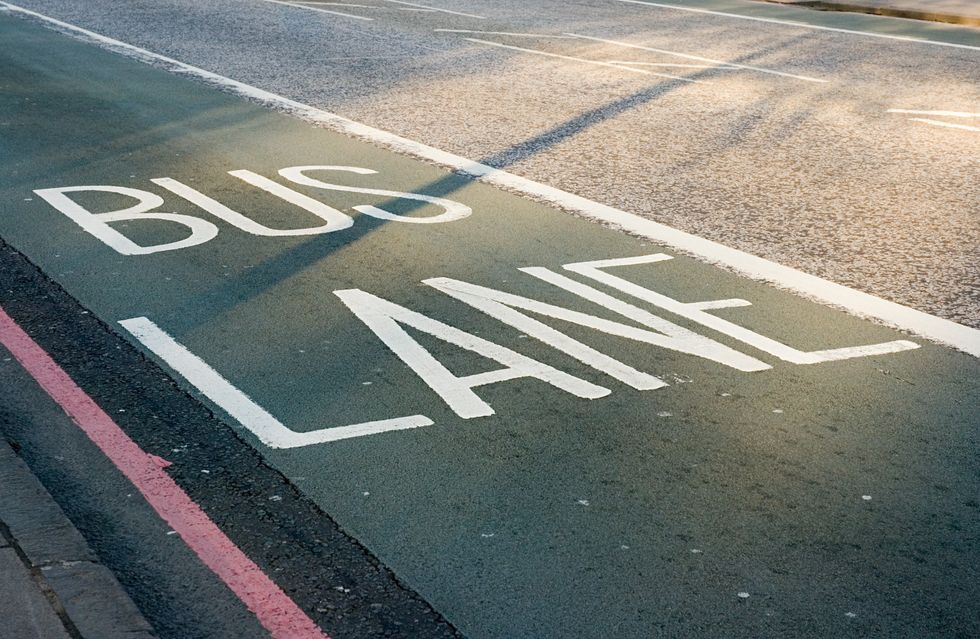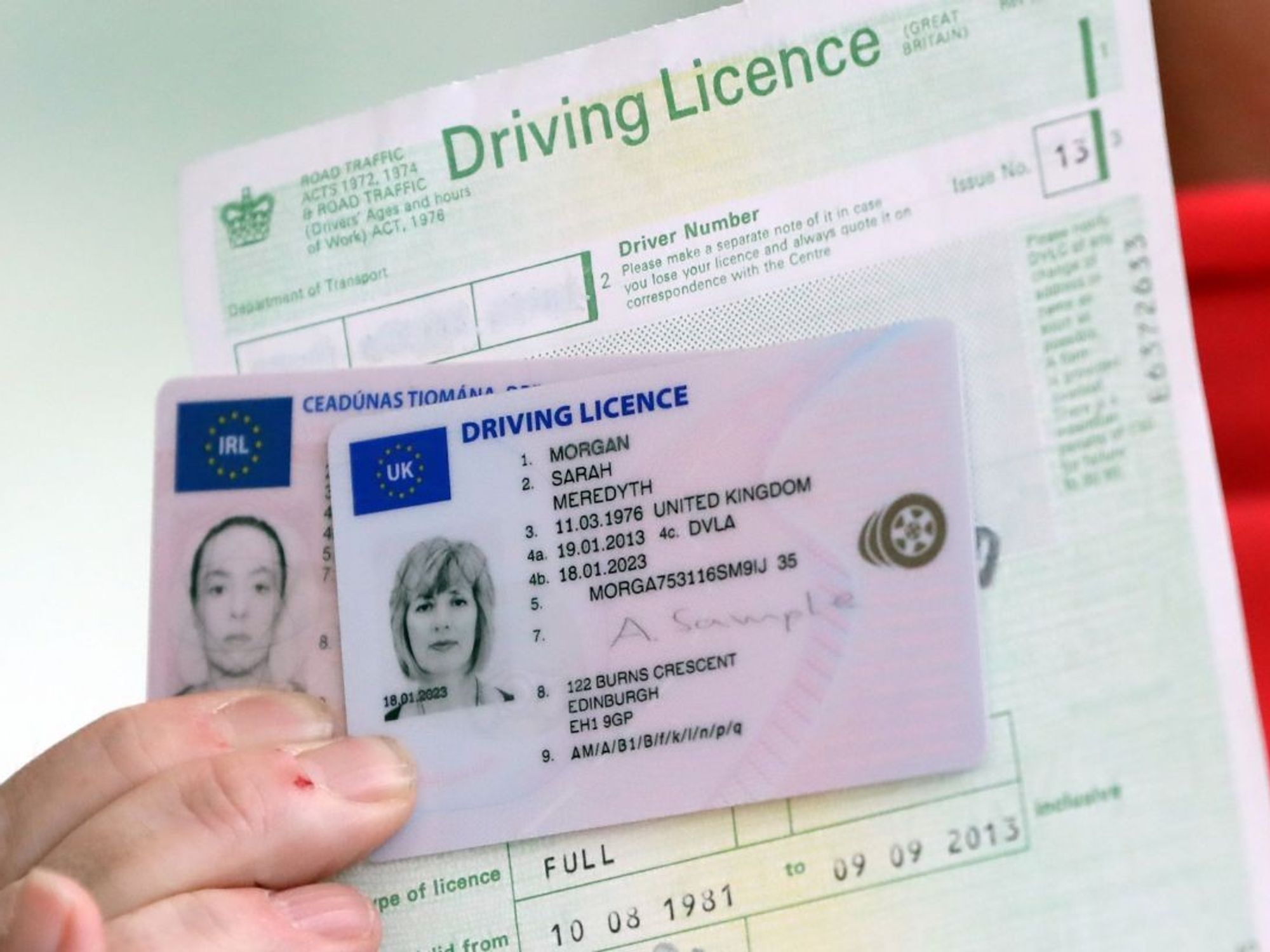Bus cap increase has caused more elderly people to go back to driving
GETTY
Number of drivers over 70 involved in accidents has reached an all-time high
Don't Miss
Most Read
Trending on GB News
The Government's decision to raise the national bus fare cap from £2 to £3 outside London has forced more elderly drivers onto Britain's roads, sparking safety concerns among experts.
The increase in bus fares coincides with a significant reduction in bus services, particularly affecting pensioners in rural areas.
Department for Transport data showed that elderly drivers are now the age group most likely to be involved in traffic collisions.
The situation has reached a critical point, with the number of drivers over 70 involved in accidents hitting an all-time high.
Do you have a story you'd like to share? Get in touch by emailingmotoring@gbnews.uk
 Elderly drivers are 12 per cent more likely to be involved in a road incident compared to other age groups GETTY
Elderly drivers are 12 per cent more likely to be involved in a road incident compared to other age groups GETTYElderly motorists are now driving 50 per cent further annually than they did two decades ago, indicating a substantial increase in car dependency among older people.
The trend comes as thousands of pensioners find themselves with limited transport alternatives, pushing many to continue driving well into their retirement years.
The statistics paint a concerning picture, with the number of driving licences issued to over-70s having doubled since 2003, according to The Telegraph. Official reports found that while the number of elderly drivers in collisions has increased, the rate remains proportional to the total number of motorists on the roads.
Michael Solomon Williams, from the Campaign for Better Transport, said: "The decimation of the rural bus network over the past decade means older people have few options for getting around if they stop driving; the concessionary bus pass is only of use if there's a bus to catch."
The data suggested a growing reliance on private vehicles among the elderly population, as alternative transport options continue to diminish.
Dennis Reed, director of pensioner lobby group Silver Voices, highlighted the limited options available, stating: "If there's no public transport available, then the only alternatives are very expensive taxis, which a lot of people can't afford, or somebody giving them a lift - a friendly neighbour, or something like that - or trying to keep your little car on the road."
The situation is particularly acute for elderly residents who rely on public transport for essential journeys. Many older people face difficult choices between maintaining their independence through driving or risking isolation.
The Campaign for Better Transport emphasises that older people need assurance they won't be cut off from essential services.
Williams added: "Older people need confidence that they won't be disconnected from friends, family and medical care if they stop driving, which means lost bus routes must be reinstated."
Government figures reveal a stark decline in bus services, with total miles driven falling by a quarter since 2005. The reduction has seen bus mileage drop from 1.6 billion miles to 1.2 billion miles nationwide.
Rural communities have been hit particularly hard, with bus route mileage slashed by 28 per cent since 2005. Major cities outside London have also suffered significant cuts, with service mileage dropping from 197 million miles to 142 million miles.
Campaigners warn that elderly people, who make up the majority of bus users, are struggling to maintain social connections and attend medical appointments.
LATEST DEVELOPMENTS:
 Bus fares are set to riseGETTY
Bus fares are set to riseGETTYBut Steve Gooding from the RAC Foundation said: "We shouldn't view the challenge as simply one of getting veteran drivers to hang up their car keys but of assisting those who continue driving to do so safely.
"For all the talk of active travel and other modes of transport, a car is the most practical way of getting about for many elderly people, particularly those in areas where alternatives - buses, for example - are all but non-existent."








